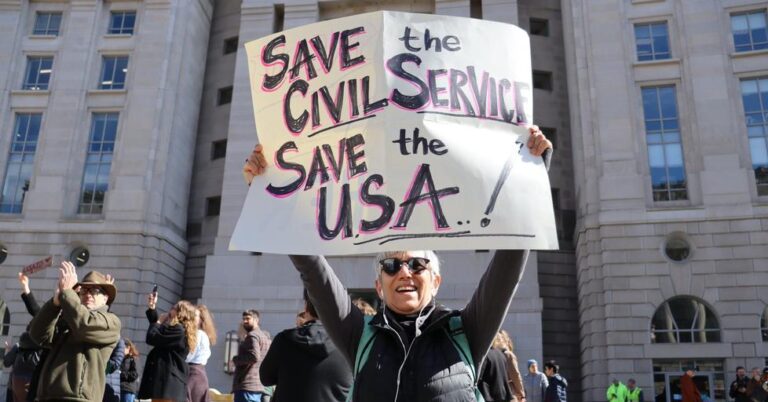Craig Becker, general counsel for the AFL-CIO, writes for Law360 that it’s time to reexamine the “companionship exemption” in the Fair Labor Standards Act, through which employers do not need to pay America’s estimated 2 million home care workers minimum wage and overtime. Becker notes that the home care industry has changed in recent decades, with most home care workers performing a full variety of housework, cooking, and other chores—far beyond the simple “companionship services” that were contemplated by the law’s drafters. He offers a critique of a District Court’s decision in December 2014 that struck down DOL’s more limited definition of the exemption, and argues that our labor laws need to be adapted to the workplace of the 21st century.
The New York Times and Wall Street Journal report on Ford Motor Co.’s “historic” plan to increase wages for up to 500 of its “entry-level” union workers. The move comes as the company is experiencing growing demand for its new pickup truck model, prompting the hiring of 1,550 new workers to increase production. The new hires mean that Ford will exceed the number of employees it can place in its entry-level wage category. According to the Times: “The transition is the first time that any entry-level workers at the three domestic carmakers have moved up to the higher wage scale since the companies agreed to a two-tier system in their 2007 contract with the United Automobile Workers union.”
The strike of 3,800 United Steelworkers workers continued into its fourth day today, with no signs of resolution. Politico reports that most refineries continue to operate, relying on trained managers and non-union employees, but that one California refinery has been completely shut down.
Lydia DePillis writes for the Washington Post about the growing trend of companies classifying more of their workers as independent contractors—and the emerging businesses such as Work Market that help connect these workers to available jobs. There are high tradeoffs to this arrangement: independent contractors need to purchase more expensive health care, their capacity to bargain collectively for benefits and wage increases is undermined, and finding steady work remains a constant challenge.






Daily News & Commentary
Start your day with our roundup of the latest labor developments. See all
December 3
The Trump administration seeks to appeal a federal judge’s order that protects the CBAs of employees within the federal workforce; the U.S. Department of Labor launches an initiative to investigate violations of the H-1B visa program; and a union files a petition to form a bargaining unit for employees at the Met.
December 2
Fourth Circuit rejects broad reading of NLRA’s managerial exception; OPM cancels reduced tuition program for federal employees; Starbucks will pay $39 million for violating New York City’s Fair Workweek law; Mamdani and Sanders join striking baristas outside a Brooklyn Starbucks.
December 1
California farmworkers defend state labor law, cities consider requiring companies to hire delivery drivers, Supreme Court takes FAA last-mile drivers case.
November 30
In today’s news and commentary, the MSPB issues its first precedential ruling since regaining a quorum; Amazon workers lead strikes and demonstrations in multiple countries; and Starbucks workers expand their indefinite strike to additional locations. Last week, the Merit Systems Protection Board (MSPB) released its first precedential decision in eight months. The MSPB had been […]
November 28
Lawsuit against EEOC for failure to investigate disparate-impact claims dismissed; DHS to end TPS for Haiti; Appeal of Cemex decision in Ninth Circuit may soon resume
November 27
Amazon wins preliminary injunction against New York’s private sector bargaining law; ALJs resume decisions; and the CFPB intends to make unilateral changes without bargaining.